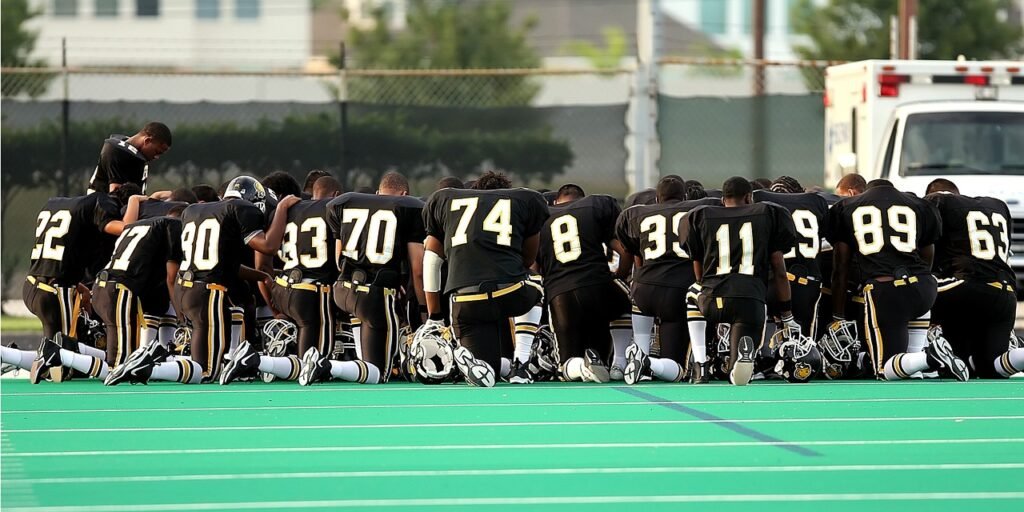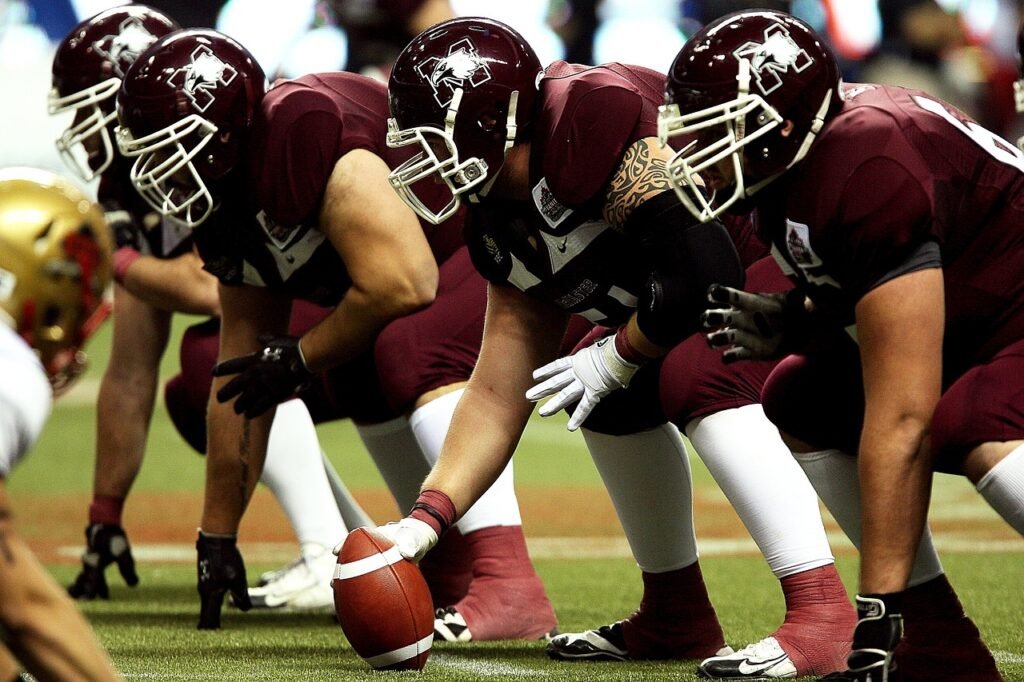The England National Football Team is one of the most iconic and historically significant teams in the world of international football. From its formation in the 19th century to its exhilarating triumphs and agonising defeats, the team has consistently captured the attention of fans globally. In this post, we will explore the team’s rich history, its unforgettable 1966 World Cup victory, the periods of struggle and rebuilding, and its current status as a major contender in world football. We’ll also delve into its most notable players, tactical evolution, historic rivalries, and future prospects. Let’s dive into the story of a team that has left an indelible mark on the sport.
History and Origins of the England National Football Team
The England National Football Team traces its roots back to the early days of football itself. The Football Association (FA), the governing body of football in England, was founded in 1863, making it the oldest football association in the world. Shortly thereafter, the team played its first international match against Scotland in 1872—a match that ended in a goalless draw. This match also marked the beginning of international football and established England as a pioneering force in the sport.
Over the following decades, the England team developed a reputation as a highly skilled side, competing in a number of international friendlies and tournaments. However, due to the team’s early dominance and the relative lack of strong international competition, England did not officially join the FIFA World Cup until 1950. This decision would have a profound impact on the team’s future trajectory.
The Golden Moment – 1966 FIFA World Cup Victory
The pinnacle of the England National Football Team’s history is undoubtedly the 1966 FIFA World Cup victory. Hosting the tournament for the first time, England was under immense pressure to perform well. With manager Alf Ramsey at the helm and an array of talented players, the team was in prime position to make history.
The tournament began with a solid performance in the group stage, with England securing two wins and a draw. As the competition progressed, the team displayed resilience and tactical intelligence, particularly in the quarterfinals against Argentina, where they earned a hard-fought 1-0 victory. The semifinal clash with Portugal saw England emerge victorious with a 2-1 win, thanks to Bobby Charlton’s brace.
The final against West Germany was a thrilling encounter that showcased the best of English football. England took the lead in extra time, with Geoff Hurst famously scoring a controversial goal that hit the crossbar and was deemed to have crossed the line. Hurst would go on to score another goal, completing his hat-trick and sealing a 4-2 win for England. This victory not only marked the team’s first and only World Cup triumph but also cemented its place in football folklore.
Post-1966 Struggles and Comebacks
Following the 1966 success, the England National Football Team struggled to replicate that glory in subsequent decades. The 1970s and 1980s were marked by inconsistent performances and failure to qualify for key tournaments. The team faltered in the 1974 and 1978 World Cups and missed the European Championship finals several times during this period.
However, the 1990 World Cup signaled a resurgence for England. Under manager Bobby Robson, the team reached the semifinals, only to lose to Germany on penalties. This performance gave hope to fans that the team could again become a force to be reckoned with on the international stage. The emergence of a new generation of players in the late 1990s, known as the “Golden Generation,” further rekindled this optimism.
Golden Generation – Hope and Disappointment
The period from the late 1990s to the early 2010s is often referred to as the era of the “Golden Generation” for the England National Football Team. With superstars like David Beckham, Steven Gerrard, Frank Lampard, and Michael Owen, the team had a wealth of talent. Expectations were sky-high, and many believed that England could win a major tournament once again.
Despite the promise, the team failed to live up to expectations. The 2002 World Cup, Euro 2004, and the 2006 World Cup all ended in disappointment, with England being eliminated in the quarterfinals. The inability of the team to translate individual talent into collective success was often blamed on tactical inefficiencies and managerial missteps. This period is remembered as one of missed opportunities and unfulfilled potential.

The Modern Era – Successes, Rebuilds, and Challenges
The 2010s were a turbulent time for the England National Football Team. Poor performances at the 2010 World Cup and Euro 2016 led to widespread criticism and calls for a complete overhaul of the team’s structure and philosophy. The appointment of Gareth Southgate as manager in 2016 marked the beginning of a new chapter for the team.
Southgate’s focus on youth development and modern tactical approaches transformed the team’s fortunes. The 2018 World Cup saw England reach the semifinals for the first time in 28 years, with a squad featuring young talents like Harry Kane, Raheem Sterling, and Dele Alli. Although the team lost to Croatia, their performance instilled new hope and enthusiasm among fans.
Euro 2020 was another defining moment for the team. England advanced to the final for the first time in the tournament’s history but suffered a heartbreaking loss to Italy on penalties. Despite the defeat, the team’s strong performance throughout the tournament highlighted its progress and raised expectations for future competitions.
Key Players in England’s History
The England National Football Team has been home to some of the most iconic players in football history. From the legendary Bobby Moore, who captained the 1966 World Cup-winning team, to Sir Bobby Charlton, who was instrumental in England’s midfield, these players have shaped the team’s identity.
In the modern era, players like David Beckham captured the imagination of fans with his leadership and incredible free-kick ability. Steven Gerrard and Frank Lampard were midfield powerhouses, while Wayne Rooney became the team’s all-time leading scorer before Harry Kane eventually broke his record. The current squad is filled with young talents like Phil Foden, Bukayo Saka, and Jude Bellingham, who are expected to lead England into a new era of success.
Tactics and Playing Style of the England National Football Team
The England National Football Team has traditionally been associated with a physical, direct style of play, characterized by quick wingers and aerial dominance. However, as the game evolved, so did England’s tactics. The influence of foreign managers in the Premier League, along with the rise of technical players, has encouraged a shift towards a more possession-based and versatile style.
Gareth Southgate’s tenure has been marked by an emphasis on tactical flexibility. The team now deploys formations such as 4-3-3 or 3-4-3, which allow for defensive stability while also providing attacking options. This evolution has helped England compete more effectively against top teams and has improved the team’s overall performance in international tournaments.
England’s Rivalries and Memorable Matches
The England National Football Team has a rich history of rivalries and memorable matches. The rivalry with Scotland, dating back to the very first international match in 1872, remains a significant fixture in world football. Games against Germany have also been intense and dramatic, with notable clashes such as the 1966 World Cup final and the 1990 World Cup semifinal.
Matches against Argentina have produced some of the most iconic moments, including Diego Maradona’s “Hand of God” goal in 1986 and David Beckham’s redemption in 2002. In recent years, encounters with teams like Belgium, Croatia, and Italy have added new chapters to England’s rivalry saga, each match filled with high stakes and intense emotions.
The Current State of the England National Football Team
The current England National Football Team is a dynamic blend of experienced stars and promising young talents. Players like Harry Kane and Raheem Sterling provide leadership and experience, while youngsters like Phil Foden, Bukayo Saka, and Jude Bellingham bring energy and flair.
The team has shown consistency under Gareth Southgate, with strong performances in recent tournaments. The focus on developing a cohesive team unit and promoting players based on form and potential rather than reputation has been key to this transformation. As the team prepares for the upcoming 2024 UEFA Euro and 2026 FIFA World Cup, there is cautious optimism that England can end its long wait for a major trophy.
The Future of the England National Football Team
The future of the England National Football Team looks bright, with a steady pipeline of young talent emerging from academies across the country. The FA’s investment in youth development and coaching education is already yielding results, as seen with the success of England’s U-21 and U-17 teams in recent tournaments.
Gareth Southgate’s emphasis on nurturing young players and integrating them into the senior squad has set a solid foundation for continued success. Whether Southgate remains in charge or a new manager takes over, the team’s focus on innovation and progress is likely to remain.
In terms of expectations, many believe that England has the potential to become a dominant force in international football once again. With a wealth of talent, strong tactical foundations, and unwavering support from fans, the team has all the ingredients to achieve success in the coming years.
Conclusion
The England National Football Team has had an incredible journey, filled with triumphs, setbacks, and moments of brilliance. From its early years as a pioneer of the sport to the unforgettable 1966 World Cup victory and the highs and lows of subsequent decades, the team has always been at the center of football’s global narrative. While recent years have seen a resurgence and a renewed sense of optimism, the quest for a major international trophy continues. With a new generation of stars and a clear vision for the future, the stage is set for the England team to compete at the highest level and, perhaps, finally bring home another trophy.






